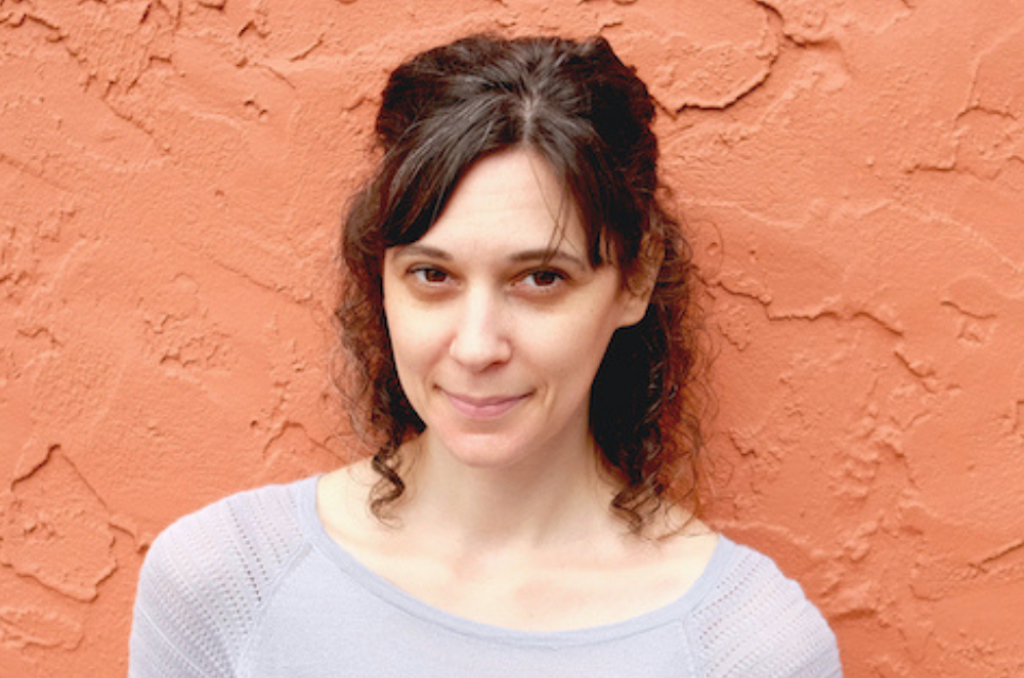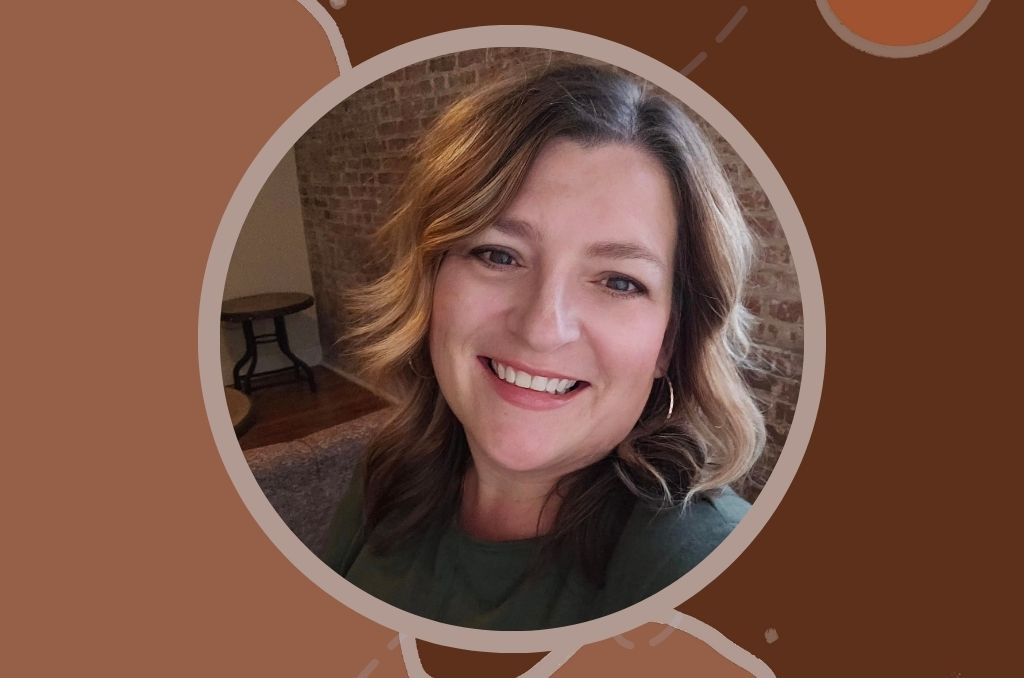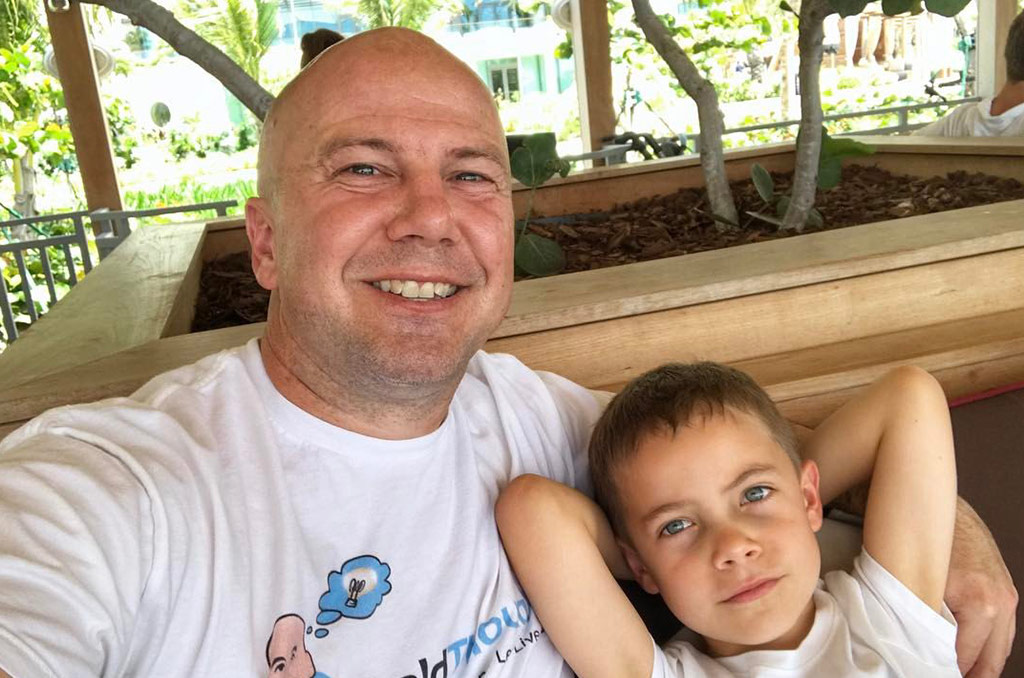Introduction
Let’s face it, money can be a confusing beast. Bills pile up, savings seem impossible, and sometimes it feels like you’re constantly on the financial struggle bus. But what if you could take control of your money and feel confident about your financial future?
Join us today with Dana Miranda, a financial expert who cuts through the jargon and makes financial literacy accessible to everyone. Her platform, Healthy Rich, is full of easy-to-understand tips on managing your money better. Dana’s expertise has even been featured in major publications like Forbes and The New York Times!
So grab a pen and paper (or your phone!), and get ready to transform your relationship with money alongside Dana Miranda! No more feeling like you’re drowning in bills – let’s get you feeling financially secure and ready to tackle your goals!
Q1) Could you briefly introduce yourself and let people know who you are and what you do before we get started?
I’m a Certified Educator in Personal Finance with a background in personal finance journalism and content marketing for fintech. I’ve written about work and money for publications including Forbes, The New York Times, CNBC, NextAdvisor and a column for Inc. Magazine, and I founded Healthy Rich, a platform for inclusive, budget-free financial education. Through the site, I work with emerging creators to share stories and resources that illuminate the diversity of our relationships with work and money.
Q2) What inspired you to share financial stories through the Healthy Rich blog?
I’ve worked in personal finance media since 2015, and I’ve seen how homogenous it is. The industry is dominated by middle class, cis, straight, white men sharing advice about how to get rich the way they did it. But that advice isn’t relevant to everyone, or even most readers — no financial advice can be relevant to everyone, because every person’s relationship with money is unique. I invited writers to publish essays at the Healthy Rich blog to shine a light on the diversity of our relationships with money and create a space where people who are normally left out of the conversation can feel seen.
Q3) From whom or what did you learn about money and financial matters? Was it gleaned from books, individuals in your immediate vicinity, or your own personal experience?
I developed my relationship with money based on influences in my childhood. No one taught me about financial matters directly as a kid, but growing up in a working class, Midwestern family, I gathered that hard work was the greatest virtue and that there would never be an abundance of money. The seemingly responsible adults around me were averse to debt and spending, so I gleaned that those were bad.
I started learning real money basics when I started working as a personal finance writer. I learned what goes into a credit score, how insurance works, how different types of debt works, the options for dealing with student loans, ways to manage money, popular budgeting methods and more. After several years in the business, I also realized how desperate people are for the “right” answers to questions about all these things — and how complex it all really is.
In 2020, a friend gave me the 2012 book Pound Foolish by Helaine Olen, and it turned my world upside down. She put words to a lot of the feelings I’d had about the ways the personal finance industry is failing to educate and inform all of us, especially the most vulnerable of us, so we can make empowered, useful and values-driven decisions with our money. That’s changed the way I approach my own finances and how I teach personal finance.
Q4) Being a woman entrepreneur, have you encountered any difficulties when creating the blog Healthy Rich?
Not yet! My experience as queer and a woman is vital to the work I do with Healthy Rich, because my experiences help me connect to the people I want to serve. I know I’m in a minority of financial educators, and I’ll have to work to have my voice included in the right spaces as I build the business, but I know I also bring and make space for important perspectives we don’t hear enough in personal finance media.
Q5) What fueled you to put more emphasis on the BIPOC and LGBTQ communities in your blog Healthy Rich?
We don’t hear enough from these and other marginalized communities in personal finance media. The industry is dominated by middle class, cis, straight, white men, and their experiences with money don’t align with everyone’s experiences. Their advice can be irrelevant and alienating, especially when it’s presented as the “right” way to manage money. Things like poverty, homelessness, unfair pay and workplace discrimination are overrepresented among people with marginalized identities, and financial education needs to account for those experiences.
I intentionally invited women, BIPOC, LGBTQ, formerly incarcerated people and people with disabilities to share their stories through Healthy Rich, because we needed to start by seeing the diversity of our relationships with money that’s been largely ignored so far in the personal finance industry.
Q6) Your thoughts on why is financial self-advocacy more difficult for persons who live in underprivileged communities?
Our systems are built to make it difficult. Our institutions are designed by people who hold power, wealth and privilege, so they work to help those people maintain power, wealth and privilege. At best, our institutions are oblivious to the experiences of people with less privilege, and at worst they’re intentionally built to exploit their vulnerabilities and keep them from gaining privilege.
Financial education generally assumes all kinds of privilege — the ability to get and hold a job, negotiate fair pay, access affordable housing, open a bank account, have choice in where to shop, read and comprehend the terms of financial agreements, obtain a credit card, have stable internet access and devices, care for your mental and physical health… the list goes on. Our institutions don’t guarantee these basic rights for everyone, so financial education that uses them as a foundation leaves huge communities out of the conversation. When people don’t get financial education that speaks to their circumstances, they’re left in the dark about how to approach work and money in ways that are useful to them.
Q7) What are the challenges in the ways we currently teach money management?
Popular financial education relies on budgeting as a core money management technique. This is challenging for folks who don’t earn enough income to cover basic housing costs and bills, because telling your money where to go isn’t enough to solve the problem of not having enough. It’s also challenging in general, because it relies on deprivation and restriction, which are difficult for anyone to maintain, regardless of resources.
The other issues I see in the ways we currently teach about money are vilifying debt and spending, which puts blame on the individual and doesn’t consider their circumstances, wants or needs; and glorifying wealth-building, which considers money an end goal in itself and doesn’t consider the nuances of our relationships with money and how it fits into our lives.
Q8) What is “budget culture”, and what does it mean for the way we manage money?
Budget culture is what we call the damaging set of beliefs around money that — like so-called diet culture does for food and bodies — rewards restriction and deprivation, and promotes an unhealthy and fantastical ideal of financial wellness.
Budget culture convinces us that if our finances don’t look like we want them to, it’s because we’re doing something wrong. It promises there’s a perfect way to manage money, and we just have to learn more and work harder to get it right. It values efficiency, economy and wealth above human happiness and wellbeing and encourages us to be hyper-vigilant about money in order to get and keep as much of it as possible.
The problem with relying on budgeting as a basis for money management is that this kind of restriction and hyper-vigilance isn’t sustainable. It doesn’t make sense for most people, and most prescribed budgets and budgeting apps can’t account for the real diversity in the ways we earn and spend money. A person’s relationship with money is about much more than numbers in a bank account, and our approach to money management needs to account for the whole human experience.
Q9) How crucial is it to preserve financial discipline? How can one continue to build riches for the future?
I don’t teach strict financial discipline as a necessity for a healthy relationship with money. Part of budget-free financial management is letting go of building wealth as an assumed goal, and instead focusing on how to use money to build the life you want. That could mean spending now in ways that bring you joy, sharing your money with others, building a comfort fund to reduce your financial stress, setting up a nest egg for the future or something else. Whatever it is, I emphasize easy money management that takes money off your mind by automating savings and payments, so you can spend freely without tracking every dollar.
Q10) Before we wind up, are there any final pearls of wisdom you want to share about your financial journey and financial health?
I’m constantly learning, and I believe that’s true for everyone. No financial educator or advisor knows everything they need to know about money, and absolutely no one knows what’s best for anyone else’s financial situation. The work I’m doing now is less about providing the right answers to anyone, and more about hearing more stories and perspectives and learning new ways to present information and pose questions to help others discover the wisdom in themselves to make the financial choices that are right for them.
Conclusion
Wow, that was jam-packed with actionable tips from Dana Miranda! We tackled a lot today, from taming the budget beast to busting money myths. Feeling empowered? You should be!
Here’s the key takeaway: Financial freedom is achievable for everyone, regardless of your starting point. With a little effort and the right tools, you can take control of your money and reach your financial goals.
Ready to put Dana’s advice into action? Head over to Dana’s website, Healthy Rich, for even more money-saving tips and resources.
Want to learn more about financial literacy? Sign up for our newsletter to receive regular insights and expert advice.










